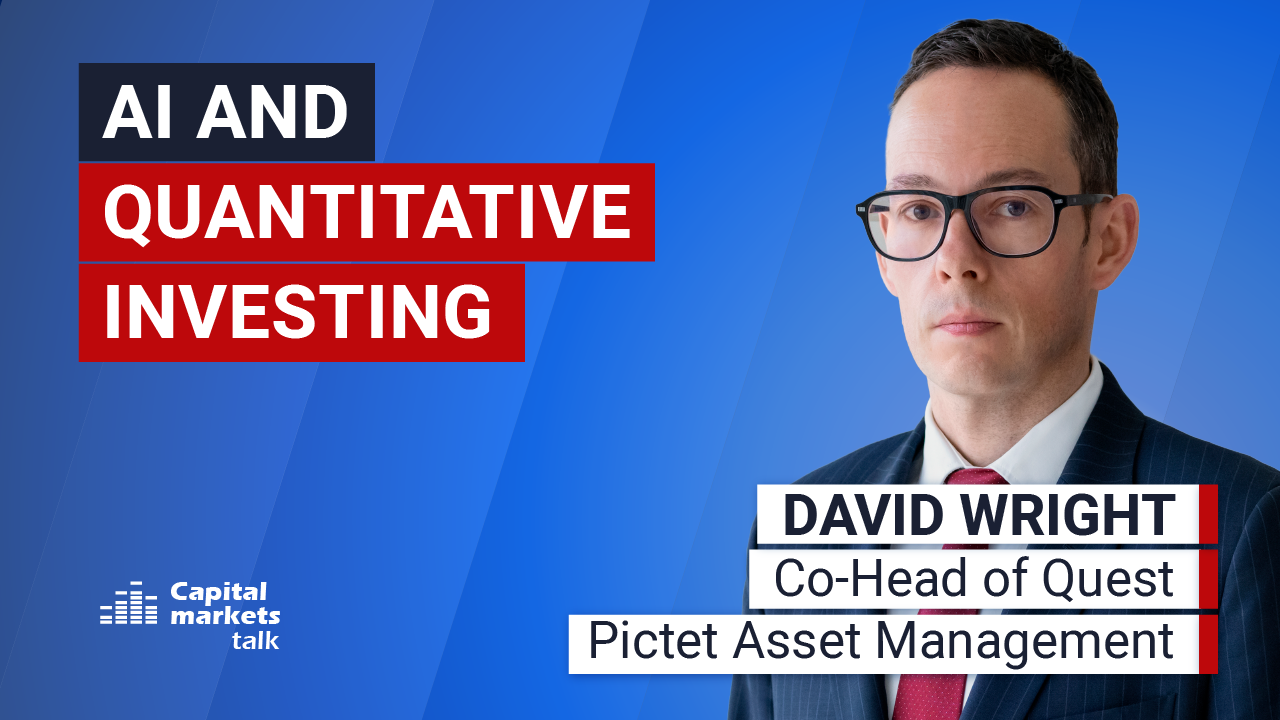The concept of the “paradox of progress” has been observed throughout the industrial age, highlighting that advancements often bring unintended consequences. Morgan Stanley Investment Management believes that this paradox is evident in the usage of clean energy technologies.
“While clean tech’s takeoff marks a positive step forward on the path to net-zero, renewable technologies are not without their own problems,” writes Andrew Harmstone, Managing Director of the Global Balanced Risk Control Team at Morgan Stanley IM.
According to him, government policies like the U.S. Inflation Reduction Act and EU initiatives aim to promote clean energy tech growth and onshoring of manufacturing and supply chains. However, this transition faces challenges due to the lack of domestic manufacturing capacity in key clean energy technologies like solar energy, he adds.
Additionally, the clean energy transition also requires an increase in mining activity to meet the demand for minerals used in clean energy technologies. This raises environmental and social concerns, including conflict with local communities and human rights issues, as per the asset manager.
“For example, 10%-20% of the Democratic Republic of Congo’s (DRC) cobalt supply comes from artisanal mining operations…however, these mines are often dangerous, lacking any meaningful safety provisions, and child labour is common,” informs Li Zhang, Head of ESG, Global Balanced Risk Control team at Morgan Stanley.
Also, global supply chains are highly concentrated, with China dominating solar manufacturing and metal refining. Zhan points out that this concentration poses ESG risks and raises concerns about human rights conditions, exemplified by the Uyghur Forced Labor Prevention Act.
“To meet shorter-term decarbonization targets, businesses must continue to source from global supply chains with potential high exposure to ESG risks. There are no easy solutions to this predicament, which, in our view, underscores the need for a pragmatic approach that is underpinned by strong governance,” Kian Masters, ESG Analyst at Morgan Stanley.
He advises that Investors, even in companies with high ESG standards, need to focus on supply chain due diligence. The asset manager suggests that the climate crisis requires trade-offs and compromises, but not at the expense of human rights and biodiversity.
Read the full insight here.
Read more

Global Trade
Trump ignites global trade war / Reactions
The USA itself will be the victim of Trump’s trade policy.

Private Debt
The case for private debt in real asset financing
What makes the combination of private debt and real assets particularly compelling in today’s market?

Schroders
Looking ahead: 30-year return forecasts
Higher returns are expected across asset classes, driven by stronger productivity growth for equities and elevated long-term central bank rate projections for bonds.

Quant Investing
AI and quantitative investing
Artificial intelligence applications go way beyond stock selection.

Bellevue Asset Management
Demographics and AI drive MedTech stocks
MedTech investment case: What makes it attractive, which trends stand out?





















